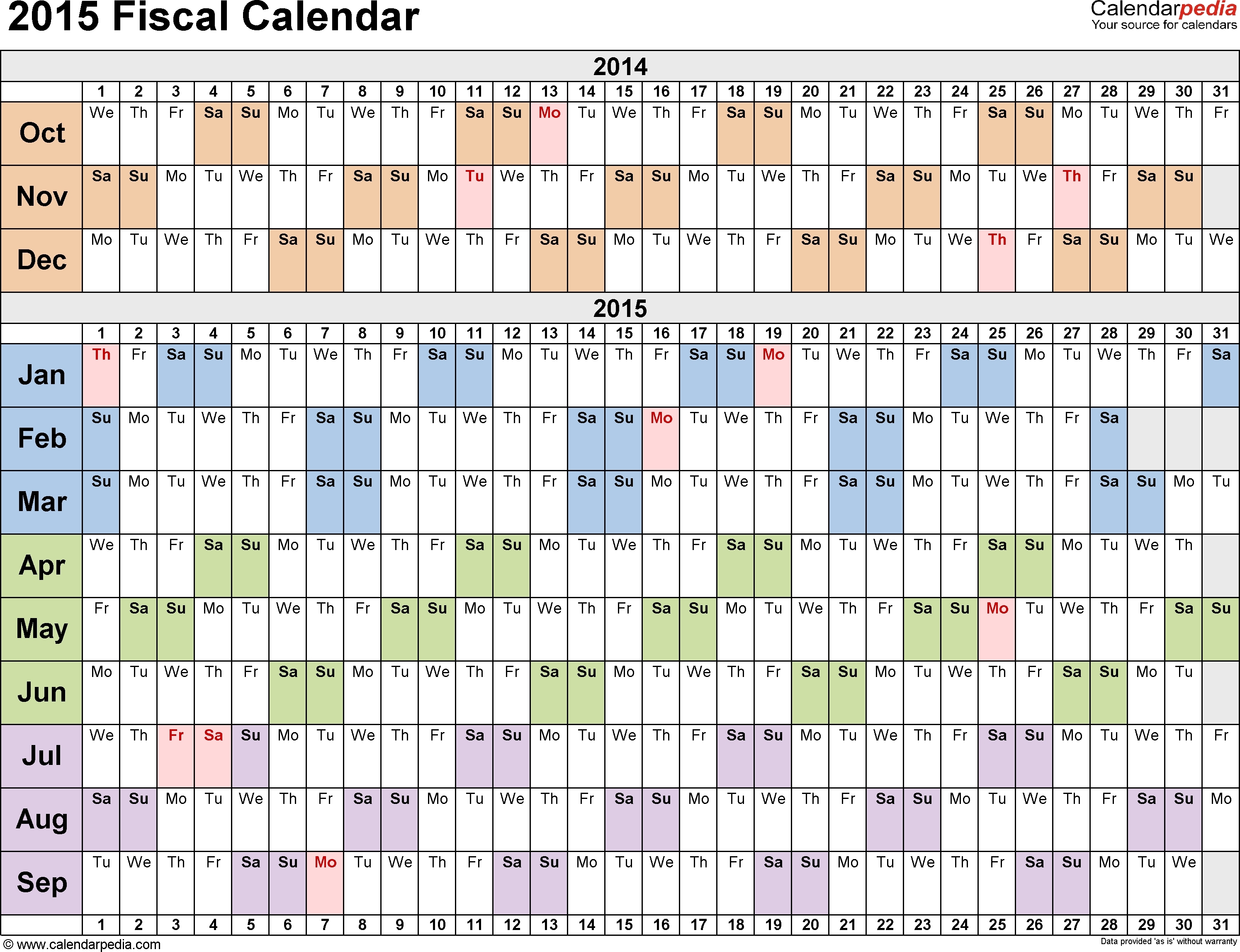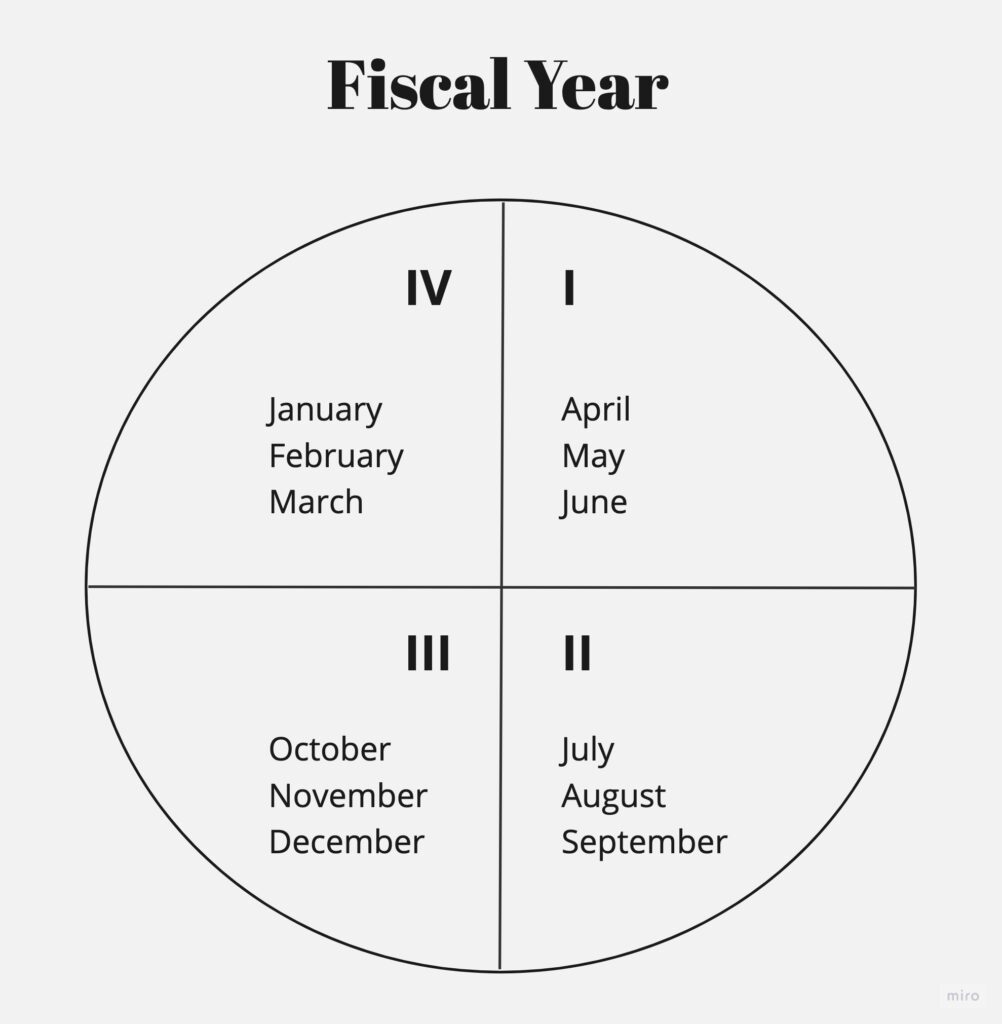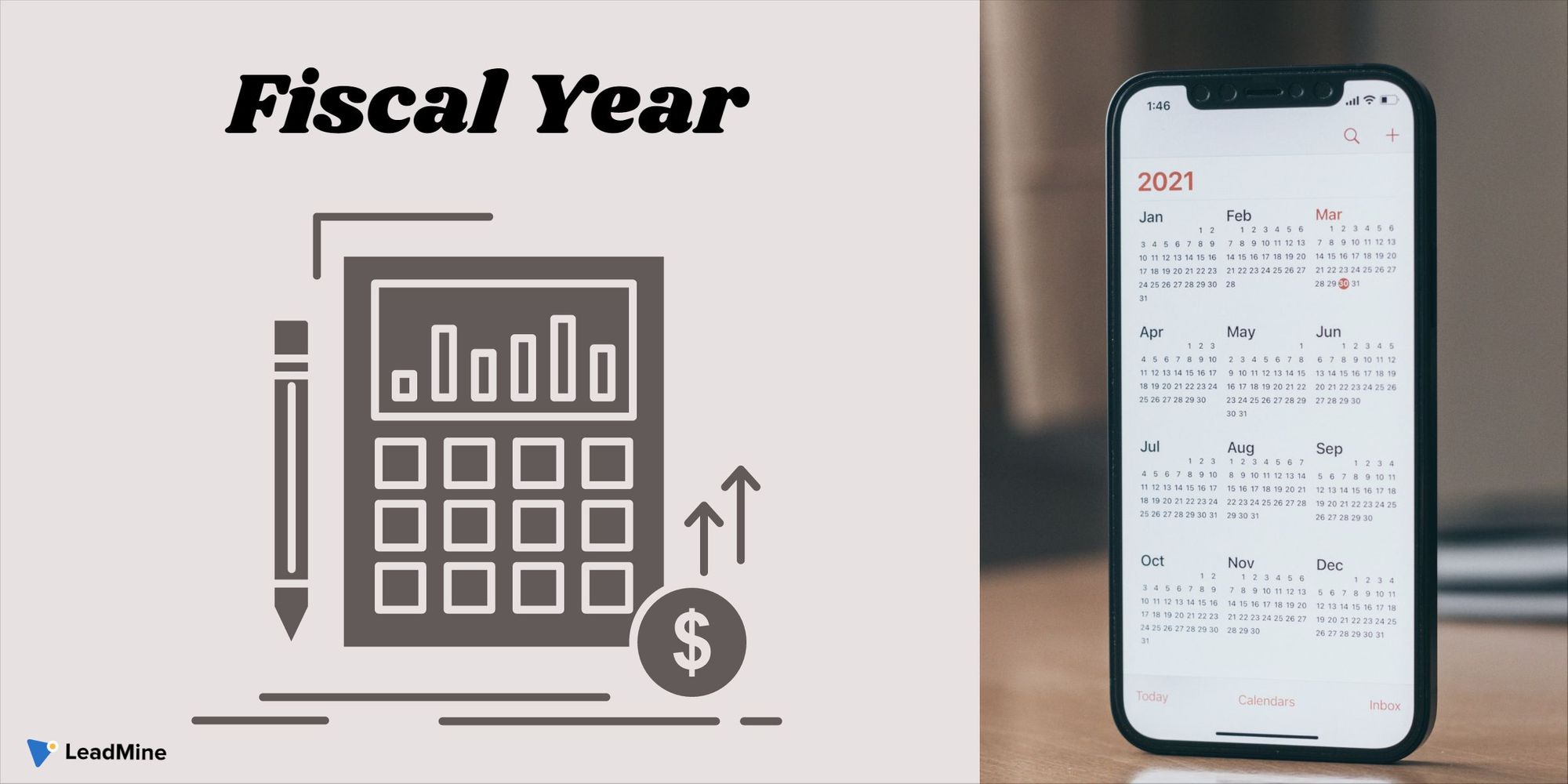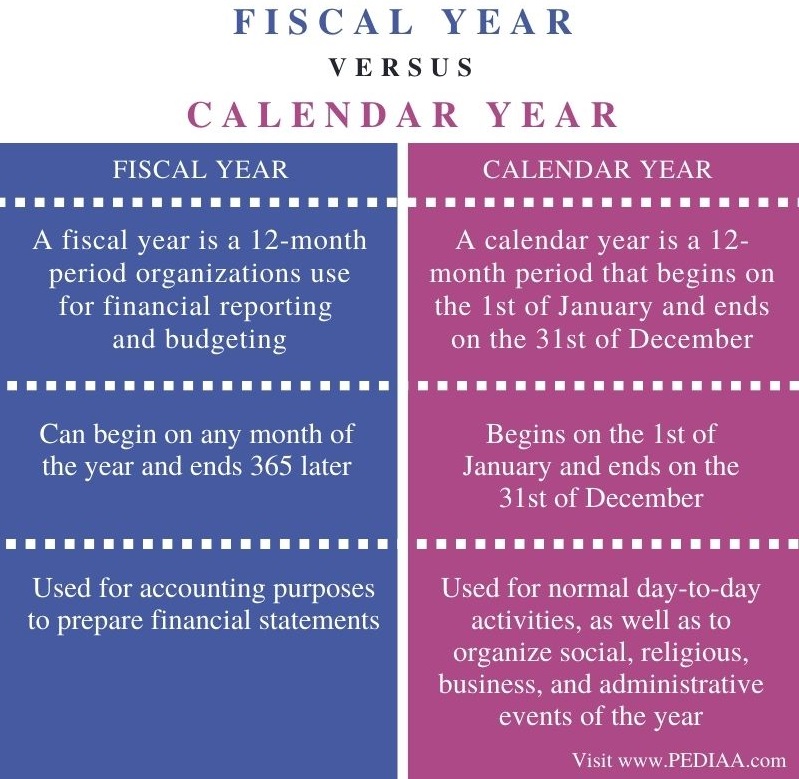Why Is Fiscal Year Different From Calendar Year - The application of a fiscal year is different in different countries. Why Is Fiscal Year Different From Calendar Year. The fiscal year is more suitable for tax reporting if the business cycle splits into two calendar years. A calendar year extends from january 1 to december 31.
The application of a fiscal year is different in different countries.

Fiscal Year vs Calendar Year Top 8 Differences You Must Know!, Hence this type of company should adapt the fiscal year for a. Different fiscal year structures can also minimize potential tax burdens, possibly lead to lower accounting costs and simply.

Spring dlc Speculation 2023 Page 42 Frontier Forums, A fiscal year is an accounting year that, unlike the calendar year,. The fiscal year is more suitable for tax reporting if the business cycle splits into two calendar years.

Instead, a fiscal year ends 12 months after it begins. Australia’s fy starts on july 1 and ends on june 30.

Fiscal Year Meaning, Difference With Assessment Year, Benefits, And, Why use a fiscal year instead of a calendar year? It's one of the primary ways organizations track.

Fiscal Year vs Calendar Year What's The Difference?, Instead, a fiscal year ends 12 months after it begins. These two years are the.

历年vs财年 6差异你应该知道 金博宝官网网址, A calendar year extends from january 1 to december 31. A fiscal year (fy) is a period during which an organization quantifies its financial performance.
Fiscal Year Definition, Types, Tax Year vs Fiscal Year, and Best Date, A fiscal year is an accounting year that, unlike the calendar year,. The year on a physical calendar is a calendar year.

A fiscal year is different from a calendar year because it does not begin on january 1 and end on december 31.

A fiscal year keeps income and expenses together on the same tax return, while a calendar year splits them into two.

Fiscal Year (FY) Meaning, Examples, Why use Fiscal Year?, A tax year can be a calendar. The challenge of a fiscal year is that you have to be mindful of the impact of not using a calendar year.